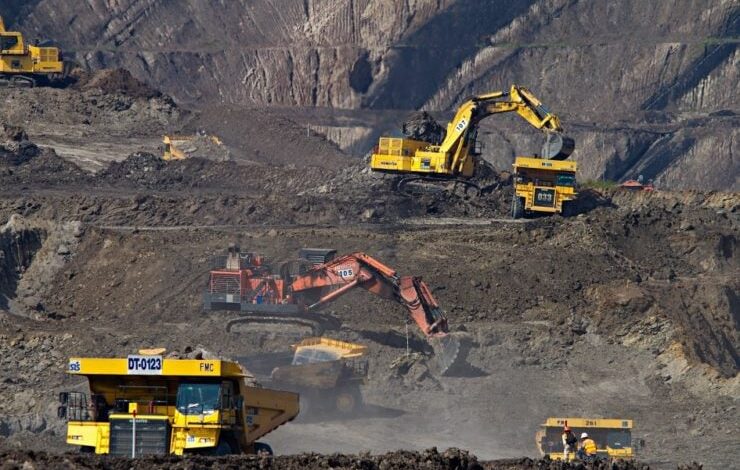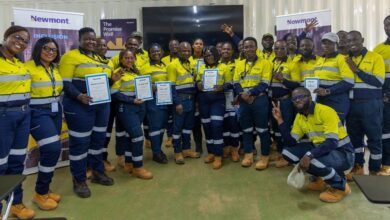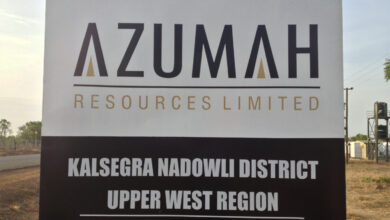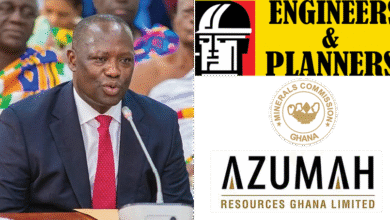Misused Mining Royalties Leave Communities Blaming Companies for Development Failures

Communities in mining areas continue to look to mining companies for water, schools and other basic amenities. However, according to policy analyst and natural resource governance advocate Dr Steve Manteaw, these expectations stem from a deep misunderstanding of where development responsibility truly lies.
Speaking at a roundtable on illicit gold in Accra organised by Spotlight on Corruption, a UK-based charity, Dr Manteaw noted that many communities wrongly assume mining companies are obligated to provide public services. He stressed that companies only deliver what is legally required and anything beyond that is voluntary.
He explained that because residents lack access to essential services, they turn to the companies first, believing them to be the local government. This, he said, is misleading and shifts accountability away from the real duty-bearers.
Mineral Development Fund Misuse
Dr Manteaw revealed that mining companies are often blamed for failures that stem from long-standing mismanagement by district assemblies. Under Ghana’s revenue distribution system, a portion of mineral royalties is allocated to district assemblies through the Mineral Development Fund. These resources are intended to support community development projects in mining-affected areas.
He noted that the misuse of this fund has gone on for decades. Instead of investing in water systems, school blocks, health facilities and other community needs, some assemblies spend the funds on funeral donations, hiring canopies, painting office buildings and garbage collection. As a result, when communities lack essential services, they turn their frustrations toward the mining companies rather than the assemblies that receive the funds.
Dr Manteaw emphasised that this pattern reflects weak accountability and poor public education on how mineral revenues should be used.
Refocusing Accountability
He called on civil society groups, the media and community leaders to help redirect public attention toward local authorities. He stressed that the assemblies are the rightful recipients of the mineral royalty share and must be held responsible for delivering development projects.
According to him, communities must be educated to demand accountability from their district assemblies. He urged stakeholders to guide residents to understand that their development funds are with the assemblies, not the mining firms, and that they must ensure these funds are put to proper use.
Illicit Gold and the Wider Governance Context
The remarks came during a broader discussion on illicit gold flows from Ghana. The roundtable brought together media and civil society representatives to consolidate recommendations for tackling the persistent problem of illegal gold trade. Participants examined why illicit gold activities continue despite government interventions.
Dr Manteaw explained that revenue misuse at the local level is part of the wider governance challenges that undermine the mining sector. He said the failure to channel mineral royalties into meaningful development not only breeds community frustration but weakens trust in the entire system.
He argued that fixing illicit gold flows must go hand in hand with improving transparency in mineral revenue management and strengthening accountability mechanisms in local governance.




